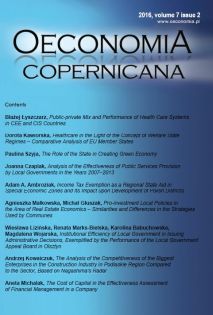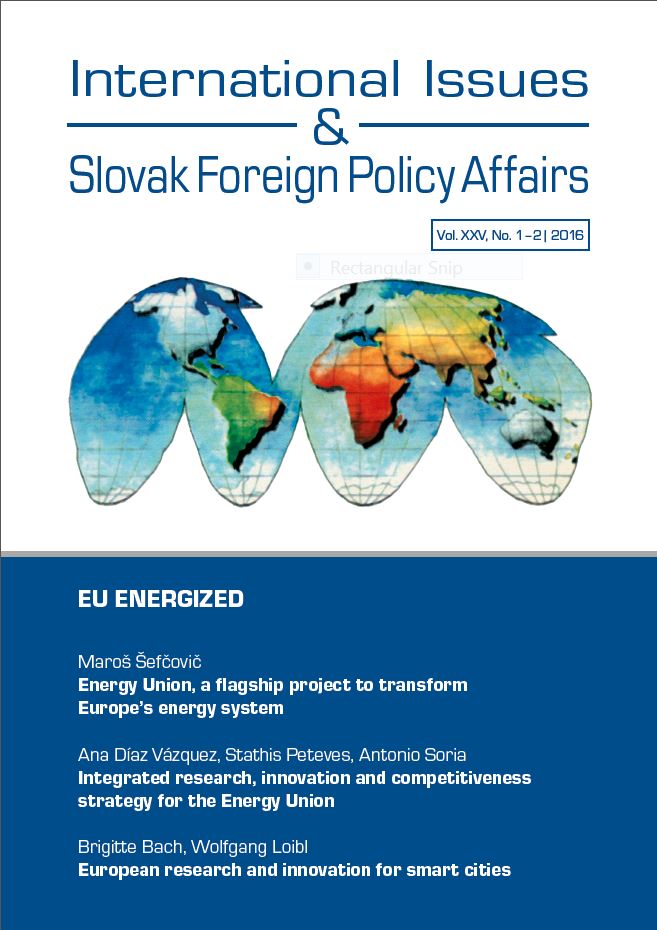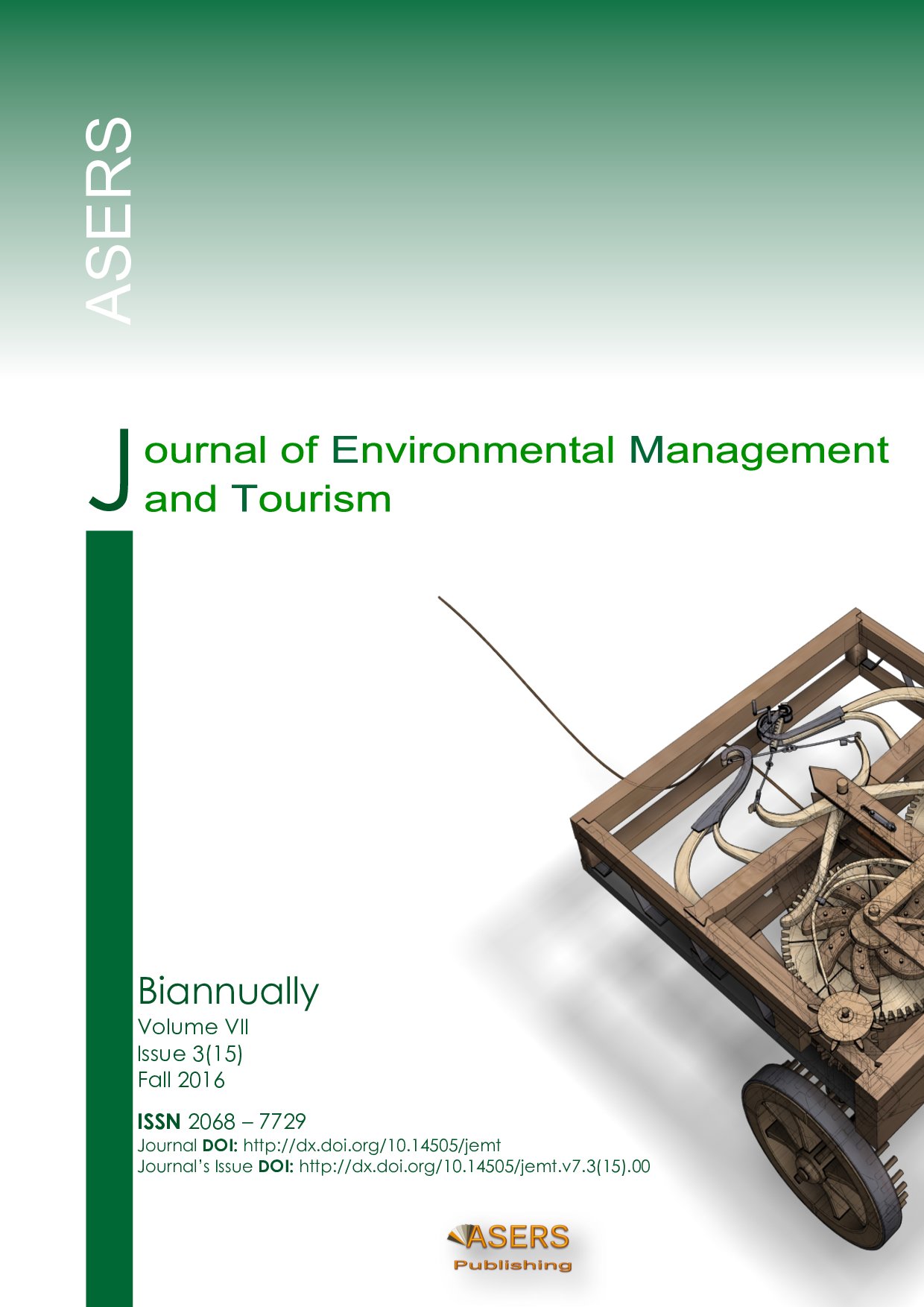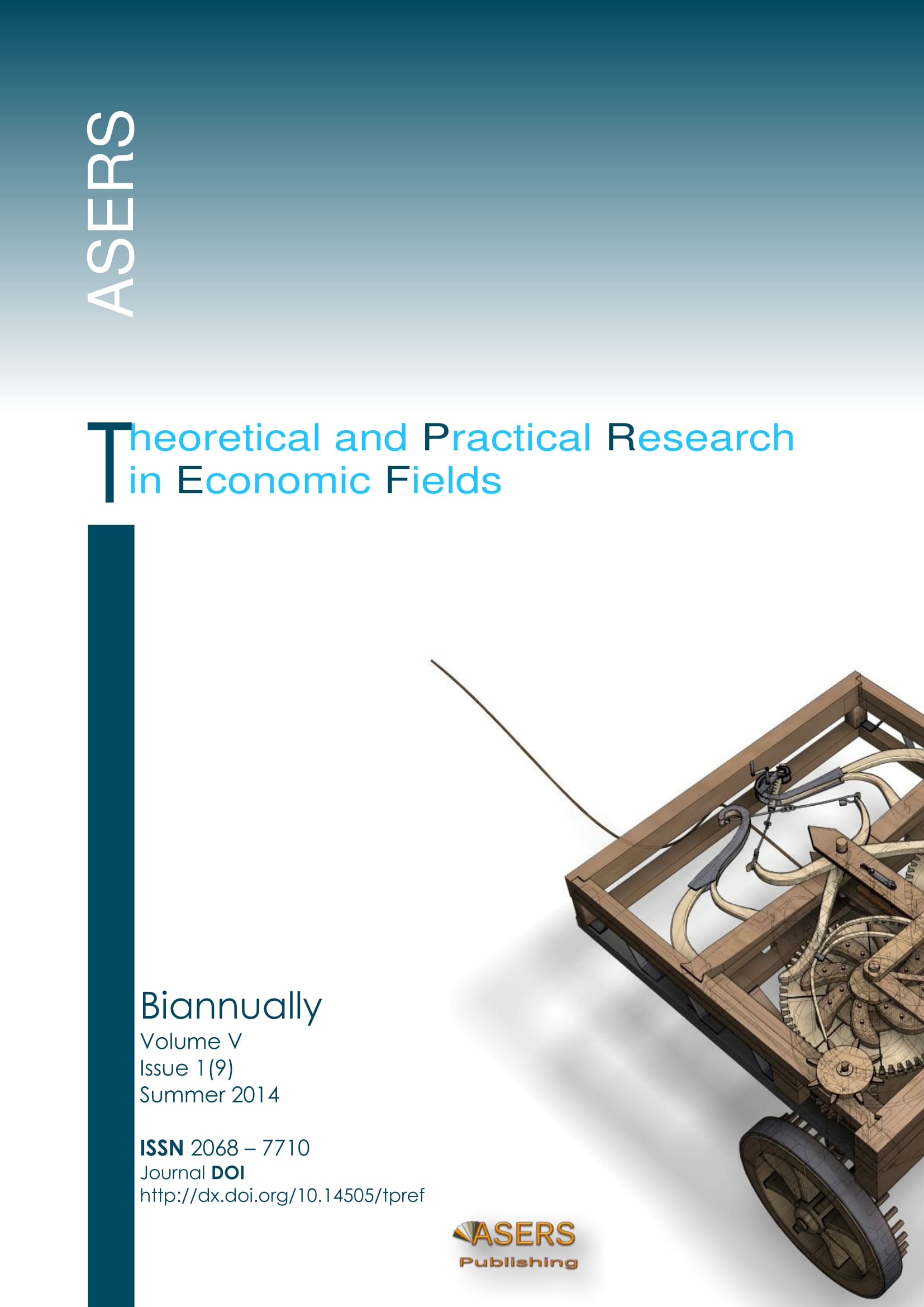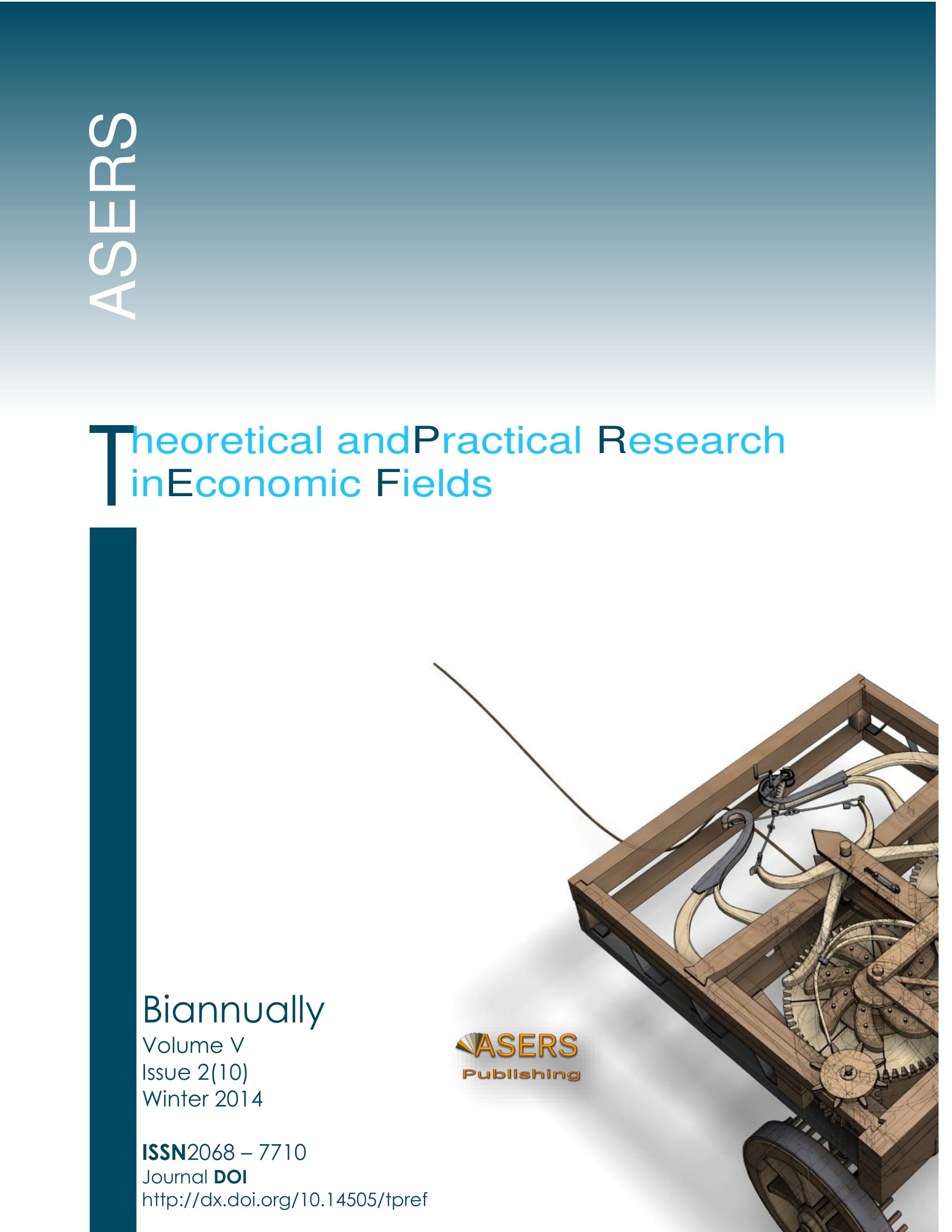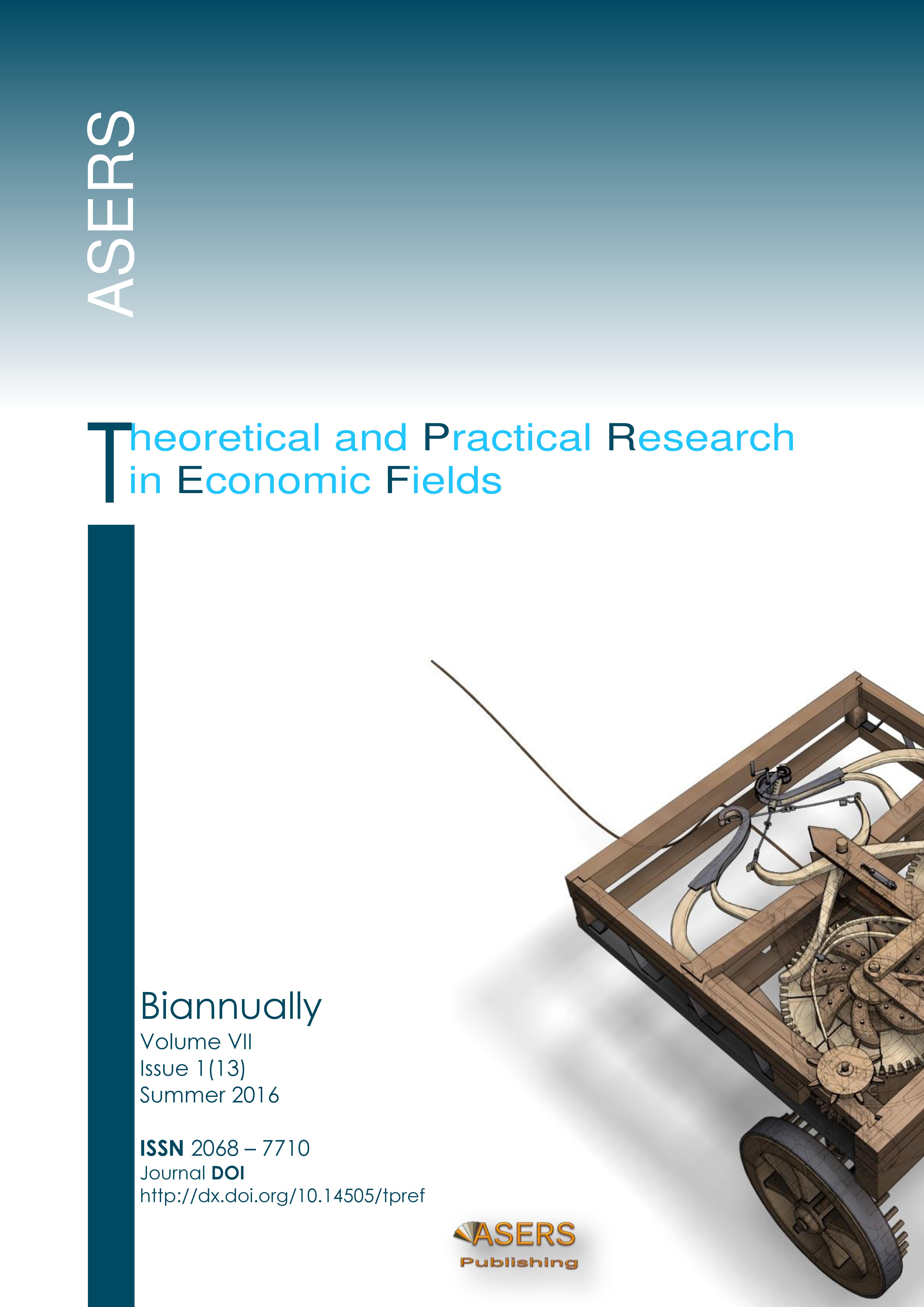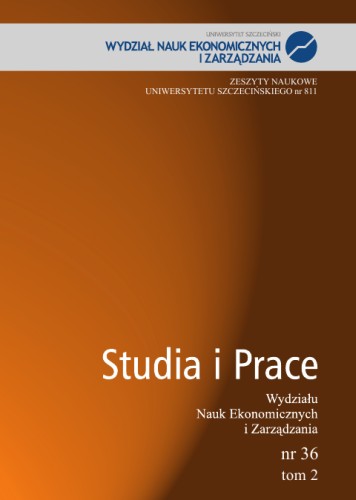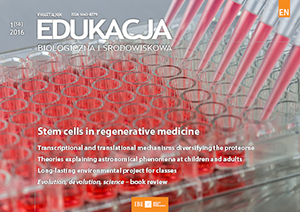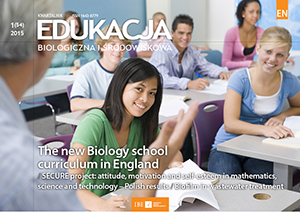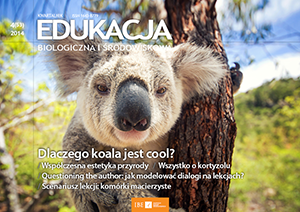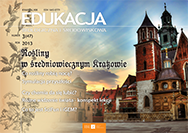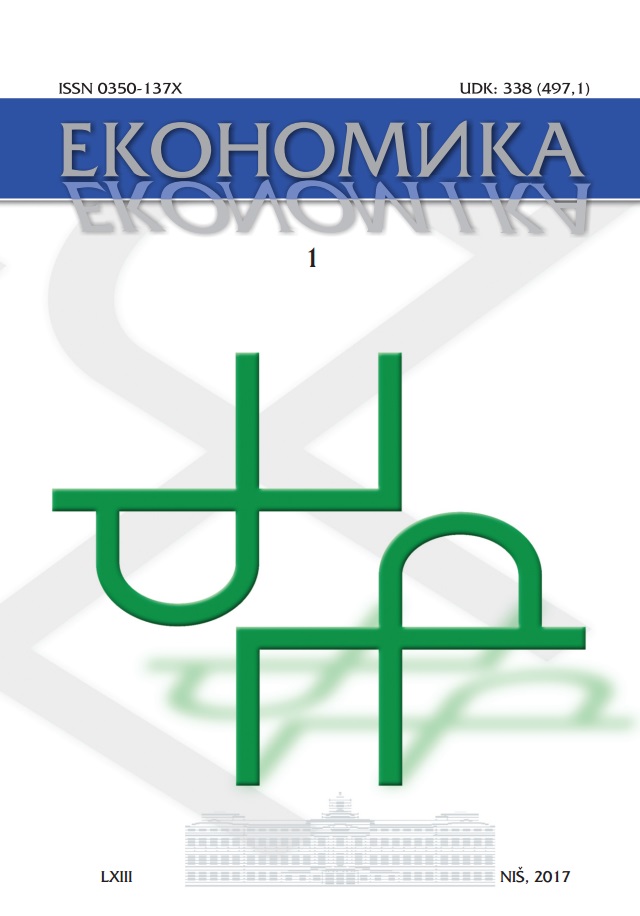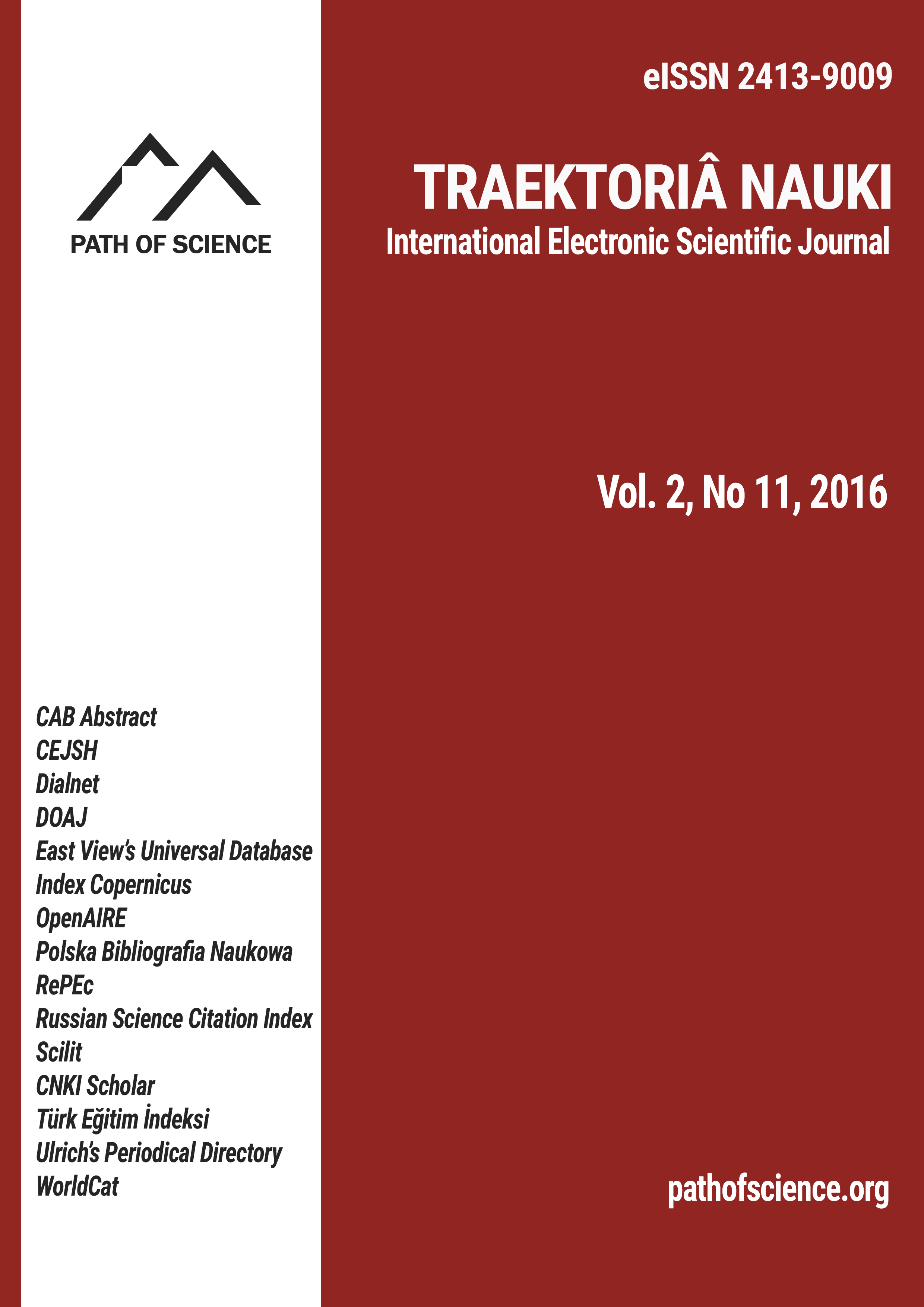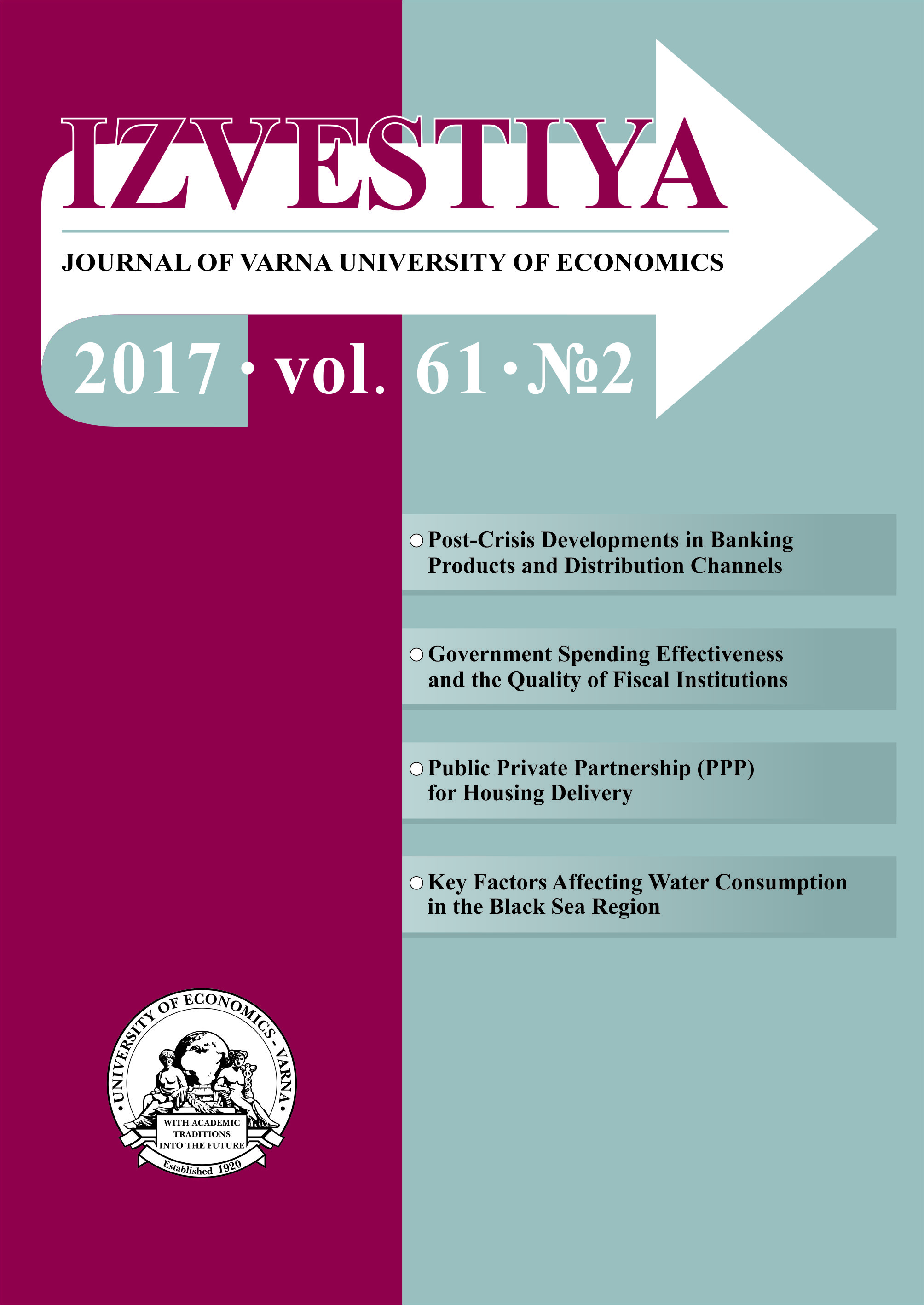
Drvo kao gorivo
The man has been around since ancient times, using wood for heat, and more recently with the development of technology, and electricity. Wood as a fuel is there an advantage to some other fuels primarily as a renewable resource saver, and there are some advantages of view and from an ecological point. Wood combustion can be divided into three stages: drying, pyrolysis and fractionation and combustion. The paper describes this phase. Also shown are the different types of wood products (torn and feet of garden wood, stacked wood (firewood and torn), wood residues from wood processing, wood chips (biomass), wood pellets, wood briquettes) to be used as fuel for heat and electricity.
More...
